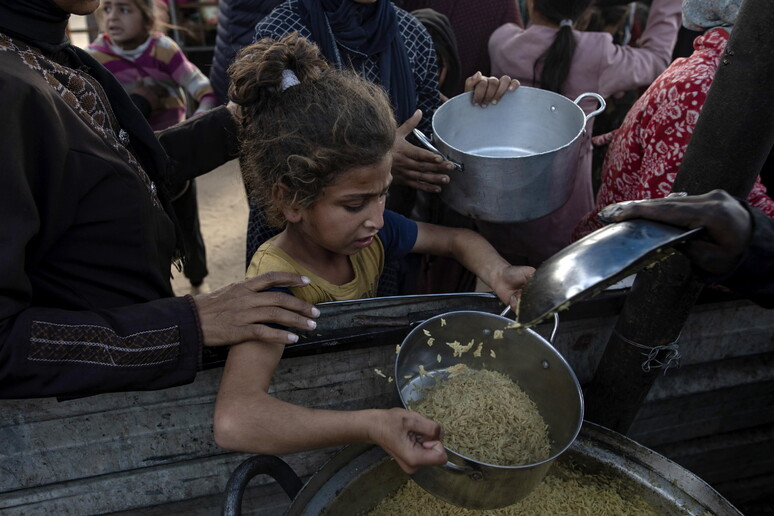Gaza Humanitarian Foundation CEO Jake Wood resigned Monday, just weeks after taking office, saying the Israeli-American aid plan for Gaza cannot be carried out “while upholding the humanitarian principles of humanity, neutrality, impartiality, and independence.”
His resignation came as the fund’s board pledged to proceed with aid deliveries, implicitly rebuking the United Nations, which had strongly criticized the program.
Wood explained that, in his view, the only path to a long-term solution in Gaza is the release of all hostages, the cessation of hostilities and the creation of a path to peace, security and dignity for all people in the region.
Despite the CEO’s resignation, the fund’s board said it will not turn back, and will proceed with the previously promoted plan.
The group said that assistance will reach one million people by the end of the week and that aid will be expanded in the following weeks, with the goal of reaching all residents of the Gaza Strip.
Wood, who had taken office about three weeks ago to lead the U.S.-Israel project aimed at providing food to Gaza residents, recounted that when he was approached, “GHF was a loose concept, a collection of ideas from a wide range of parties,” and that his goal was to transform the initiative into “a truly independent humanitarian entity.”
The former CEO also urged Israel to expand the flow of aid to Gaza using all available means and called on all parties to continue to explore innovative methods of aid distribution, without delay or discrimination.
According to GHF statements and information previously submitted by Israel to the United Nations, the plan calls for the establishment of about five logistics centers and food distribution points in the central and southern parts of the Gaza Strip, within visible range of IDF positions. A pilot center will be set up in Rafah.
The U.N. Office for the Coordination of Humanitarian Affairs (OCHA) strongly criticized the new aid plan for Gaza, saying it would force the U.N. to “count calories to ensure minimum survival” and would legitimize “a military tactic” that would have devastating consequences for the population.
The current system includes some 400 aid distribution points throughout Gaza. OCHA warned that the proposed changes would limit access to aid and require people to travel long distances with heavy loads, placing “significant burdens on women, the elderly and the injured.”
In its conclusions, OCHA added that Israel’s involvement in the plan “would hamper the ability of the UN to play a meaningful political or humanitarian role in the future in Gaza.”












